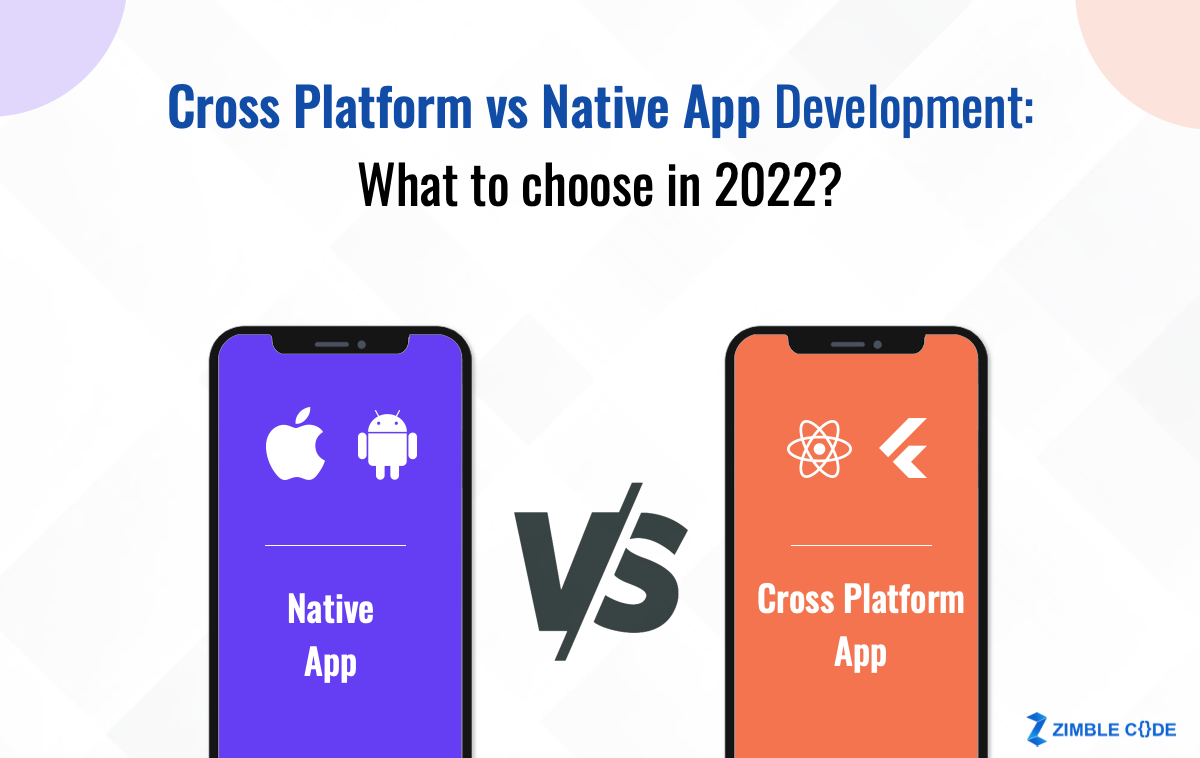Cross Platform vs Native App Development: What to choose in 2022?

Did you know? There are 4.4 million applications accessible on Google Play and the Appstore, addressing the 14 billion mobile phones in use globally. If you are eager to release a mobile application, it is vital to select between native or cross-platform mobile app development . However, the decision is often influenced by numerous factors including both long-term and short-term effects on price, time, and functionality. Here, in this blog both approaches are discussed along with their advantages and disadvantages that can guide you to take a better decision for best mobile app development in Bristol, UK. What is a Native App Development? The phrase “native mobile app development” describes the process of creating a mobile application only for one platform. The app was created using tools and programming languages that are exclusive to one platform. For instance, you can create native iOS apps using Swift and Objective-C and native Android apps using Java or Kotlin. As they are of...
